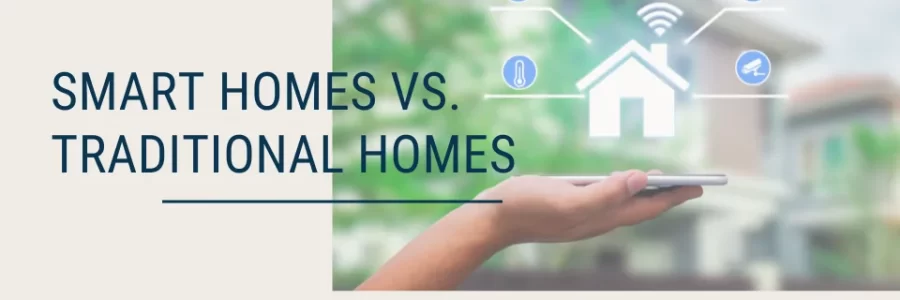With the rising cost of electricity and the increasing need to rise energy efficiency homeowners are now seeking answers to the following concern: Smart homes vs traditional ones – which one saves more power?. In this age of technological advancement, smart technology promises more efficiency as well as convenience and savings on costs however, how do they compare to the conventional home layout?
We’ll discuss the main difference between the two kinds in terms of energy use and impart details on how switching to a smarter home could benefit to reduce your energy cost, regardless of whether you reside in IESCO, FESCO and MEPCO jurisdictions.
Advertisers frequently promote the advancement of smart home technologies as the new standard for energy efficiency. However, is the cost worth it?
To find out we’ll explore various aspects of energy use, and compare traditional and smart homes and find out the lifestyle that will result in greater savings.
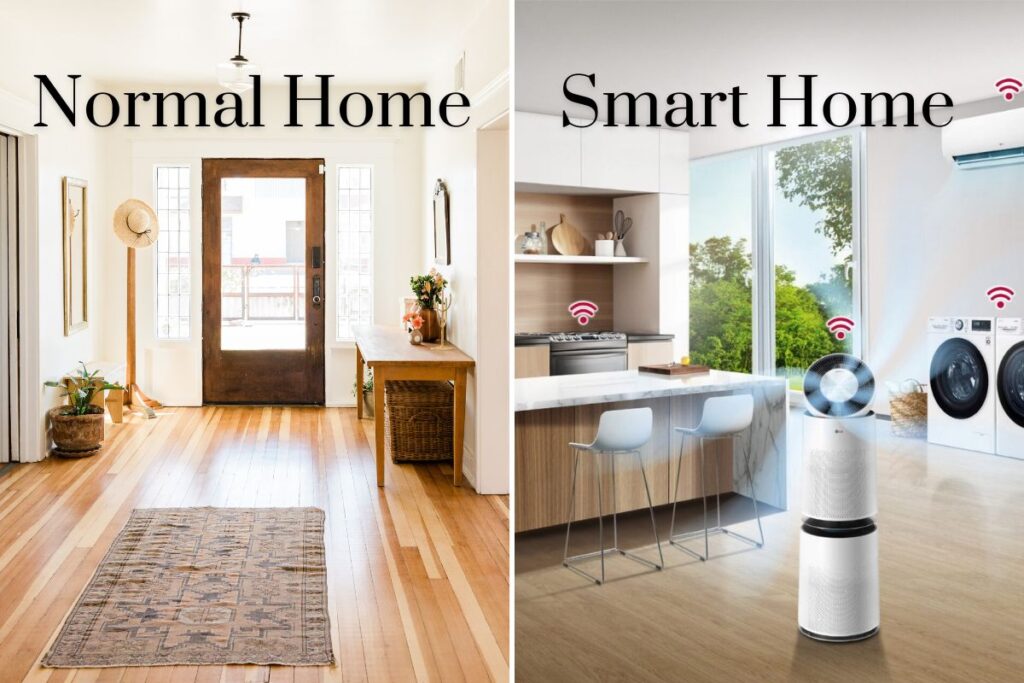
Smart Homes: Energy Efficiency Revolution
Smart homes are built with connectivity and automation at the core. Home features like thermostats, automated lighting systems, and energy-efficient appliances are designed to provide convenience and, most importantly, save energy.. With the capability to control the devices in your home from a distance, you can manage the use of energy more effectively than traditional homes.
In areas in which IESCO, FESCO as well as MEPCO serve electricity smart homes have become an exciting development. With smart meters and monitoring in real-time, you can now view the status of your IESCO account online or conduct an online bill check for IESCO within a matter of minutes. This feature does not just save time, but also lets users keep track of and adjust their consumption patterns compatible to the IESCO calculation of bill outcome.
Energy Efficiency in Traditional Homes: The Old-School Approach
Traditional homes aren’t equipped with the advanced technologies like smart homes, however they are still equipped with traditional energy-saving techniques. Through focusing on the right insulation, energy efficient appliances, and frequent energy audits, the traditional homeowner can maintain their energy usage in check. However, traditional homes typically lack the ability to make real-time adjustments, automated monitoring, and savings.
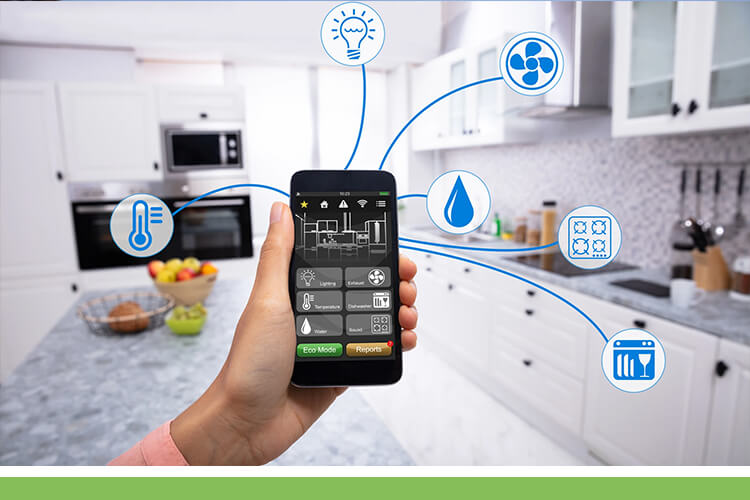
For instance, homeowners who live in that FESCO zone frequently do the manual FESCO bill checking online to determine their consumption. Traditional systems may not provide actual-time data and, as a result, people generally receive their energy consumption information only when their bill is due which makes it difficult to make changes immediately.
Smart Technology and Real-Time Monitoring: How It Cuts Energy Costs
One of the major reason (Smart Homes vs Traditional Homes) why smart homes are described as more energy efficient is due to their live monitoring capabilities. The thermostats that are smart, for example can recognize your routines and alter the temperature if you’re not there, resulting in substantial energy savings. Additionally smart lighting systems will automatically shut off lighting in rooms not used to warrant minimal energy consumption.
Homeowners living in areas that are covered of IESCO can examine their usage using the IESCO bills online by reference number and can adjust their usage before the end of the billing period. Similarly, FESCO and MEPCO users can conduct online bill checks as well as use their own FESCO bills calculators or MEPCO bill calculators to calculate the energy savings.
Furthermore, certain smart homes are able to incorporate renewable energy sources, such as solar panels. By harnessing solar energy these homes will also reduce their dependence on the grid, leading to substantial reductions on the electricity bill. IESCO as well as FESCO electric bills.
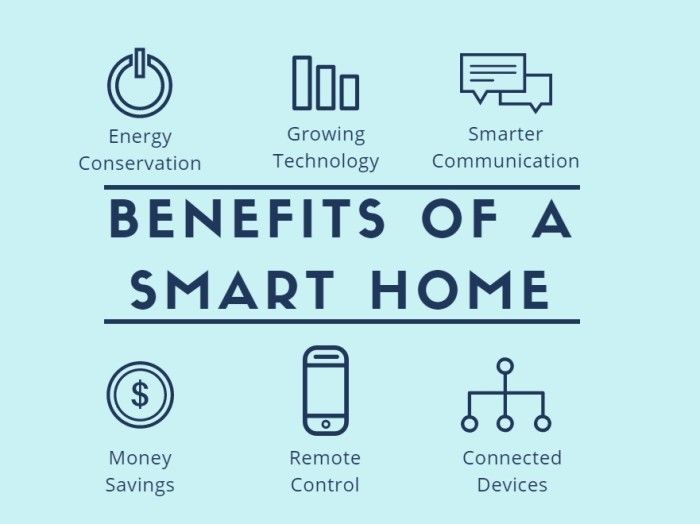
Smart Meters: The Bridge Between Smart Homes and Energy Providers
In the areas served by IESCO, FESCO, and Smart meters are revolutionizing the way homeowners control their energy use. These meters prepare immediate data for both the energy provider as well as the homeowner. Through these meters, with the benefit with these meters doing your IESCO billing review as well as an an online check of your bill for FESCO is much more precise, giving you more information about how much energy you’re with.
Smart meters can also be used to set weekly or daily energy consumption targets and alert the user when they’re reaching the limit. This alone can be a significant improvement for those who want to stick to their budget for the month, whether you’re looking to conduct the IESCO older bill review or simply check you current FESCO account online.
Smart Home Appliances: More Than Just Convenience
Energy-efficient appliances are among the main factors in lower energy costs for smart houses. Refrigerators and dishwashers that are smart as well as washing machine are built to make use of less energy during times of low demand. When together the smart appliances you can program them to operate during periods when electricity prices are lower, thus reducing the amount of you electric bill from the MEPCO or the electricity bill of FESCO.
Integration of home automation systems and utilities can further increase the energy efficiency. For instance, MEPCO online bill checks and MEPCO bill calculators are able to benefit homeowners to assess the effect of their appliances and allow them to adjust settings to make savings even greater.
The Role of Insulation and Traditional Energy-Saving Measures
Although smart homes feature modern technology, traditional houses can still be energy efficient, especially when properly insulated. Proper insulation can prevent heat loss during the winter months and help keep houses cool in the summer. Furthermore, sealing any gaps around doors and windows can benefit reduce the stress on cooling and heating systems.
While smart technology offers many advantages, homeowners can still use simple tools such as the IESCO traditional bill checking or the MEPCO invoice estimator to monitor their energy usage and identify areas where they can achieve savings
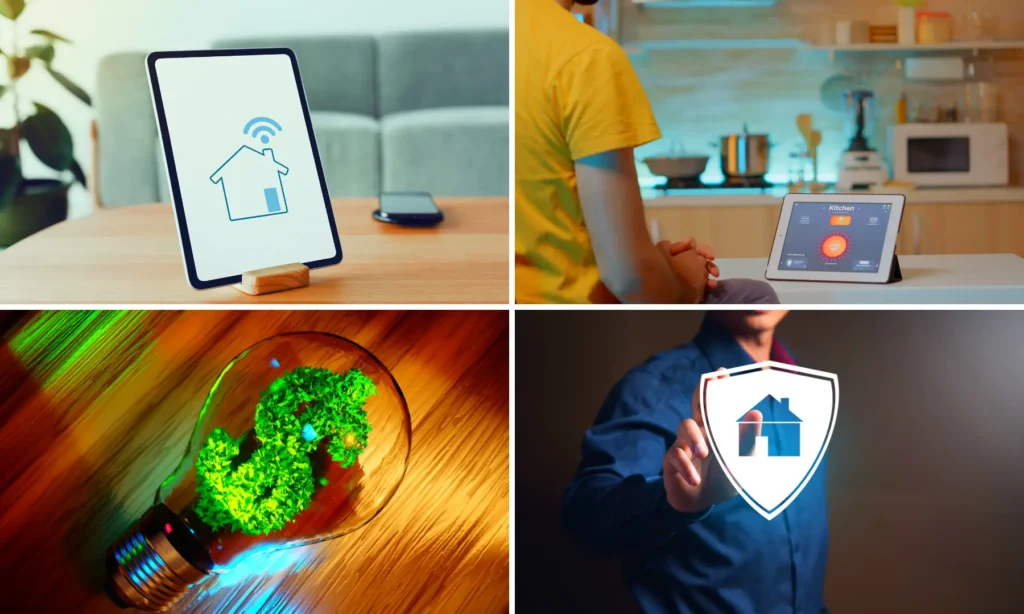
Cost of Installation and Maintenance: Smart Homes vs Traditional Homes
Smart homes usually have an upfront cost that is higher because of the installation of sensors, smart devices and appliances. But the benefits over the long term on energy costs can surpass these initial costs. For example a thermostat that is smart could reduce up 15 percent off your energy bills, and this will reflect positively when you look at for your IESCO account or conduct an energy bill review to FESCO.
Traditional homes are, however will require ongoing investments in energy-efficient windows or insulation, as well as energy audits to ensure that your consumption is lower. While these options can cut your monthly bill, the savings could not be as dramatic or instantaneous as those you can get from an energy-efficient home.
Are Smart Homes the Future of Energy Efficiency?
With the continuous introduction of smart technologies into homes around the world The future is likely to favor smart homes in terms of energy efficiency. If you live in IESCO, FESCO and MEPCO areas smart homes can provide an easier way to manage and reduce energy consumption by utilizing features such as live monitoring in real time as well as automated appliances as well as seamless connectivity with utilities companies. When you check the status of your IESCO invoice online or taking a look at you FESCO electric bills immediately, it is possible to adjust your routines to suit and reap tangible savings.
Traditional homes, however, still are a good choice, particularly for those who appreciate traditional methods that are efforts and tested. The decision between smart homes and a traditional house is contingent on your lifestyle, budget and the determination to invest in modern technologies.
Conclusion
In terms of saving energy Smart homes have distinct advantages over traditional houses. With features such as real-time monitoring of energy consumption automated systems, integration with energy providers such as IESCO, FESCO as well as MEPCO Smart homes allow homeowners to more energetically manage their energy usage and cut their power expenses. Traditional homes, though efficient in energy use however, do not have the advanced technology necessary to maximize savings.
It doesn’t matter if you like the cutting-edge capabilities (Smart Homes vs Traditional Homes) of a modern home, or the traditional simplicity of a home, implementing energy-saving strategies is vital to keep energy costs at a minimum. Through the use of tools such as bill-checking online as well as bill calculators and energy-efficient appliances that are both smart and traditional homeowners can control their energy usage and live an eco-friendly, sustainable lifestyle. In the end, investing in smart home technology can result in more upfront costs, however it will yield significant savings on your energy costs.
FAQs
What energy does a smart home use less energy in comparison to a conventional house?
Smart homes could conserve anywhere from 10 percent to 30 percent more energy than traditional homes, based on technologies employed and the homeowners’ energy habits.
Do I have the ability to view the balance of my IESCO bills online when I am in an intelligent home?
Yes, it is possible to do the IESCO charge check on the internet for both traditional and smart homes. Smart homes can provide more information by integrating systems.
Which is the accurate method of monitoring the energy consumption in a conventional home?
For homes with traditional construction, performing regular energy audits with energy efficient appliances and keeping the track of the IESCO as well as FESCO invoice through online bill check will benefit keep track of your consumption.
Do smarter homes cost more costly to maintain than traditional ones?
Although smart homes might cost more to install however, they typically yield the long term savings of energy bills and are therefore affordable over time.
Are smart meters able to have a significant impact on the amount of energy consumed?
Yes smart meters give immediate data about energy usage and allow homeowners to modify their the way they use energy, which can lead to savings.
Can I connect an intelligent home system in conjunction with my current MEPCO power service?
Yes smart home systems can connect to the majority of energy companies, including MEPCO to enable more efficient use of energy as well as easier online bill checking.

